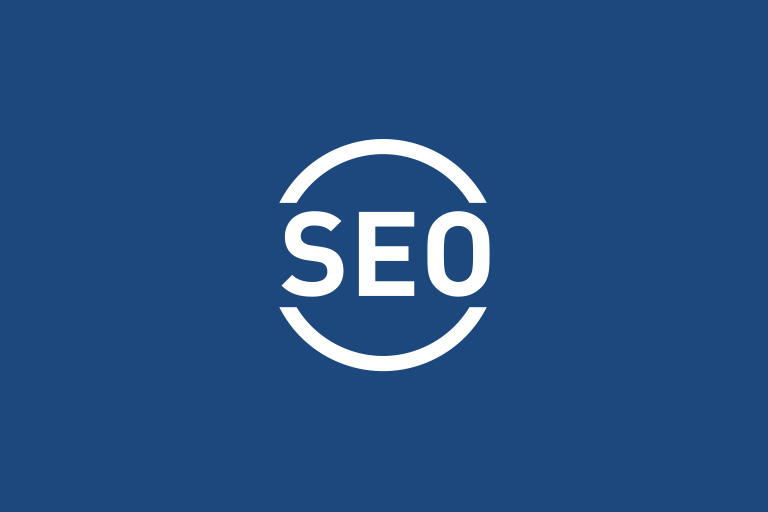Search Engine Optimization(SEO)
SEO is the practice of increasing both the quality and quantity of website traffic, as well as exposure to your brand, through non-paid (also known as "organic") search engine results. It's about understanding what people are searching for online, the answers they are seeking, the words they're using, and the type of content they wish to consume. By knowing these factors, you can connect to the people who are searching online for the solutions you offer.SEO involves multiple strategies, actions, and best practices, all of which have the end goal of improving your website’s position in search engines - which is why it's called "search engine optimization."
Tip:There are two kinds of SEO: on-page and off-page.
On-page SEO strategies include
On-Page SEO involves anything you can control on your own website to improve your rankings. This refers to things like site speed, keyword presence, header text, and so on.- Conducting keyword research to understand what your target audience is searching for.
- Content Marketing: Creating high-quality, relevant content that answers the users' questions.
- Optimizing your titles, headers, and meta descriptions.
- Ensuring your site has a logical structure and easy navigation.
- Improving the user experience with fast load times and a mobile-friendly design.
- Using internal linking to help search engines understand and rank your content.
Off-page SEO strategies include
Off-Page SEO involves anything done on other websites that may influence your rankings. Generally, this only refers to links. ● Building backlinks from reputable sites to establish credibility and authority.● Social media marketing to increase your online presence.
● Guest blogging or content marketing to reach a wider audience and generate backlinks.
SEO also involves technical aspects, such as
● Ensuring your website is indexed correctly by search engines.● Making your site mobile-friendly.
● Using structured data markup for rich snippets in search results.
● Securing your site with HTTPS.
● Improving site speed and server response time.
SEO is important because it's about making your website more visible, which means more traffic and more opportunities to convert prospects into customers. It's also a valuable tool for brand awareness, building relationships with prospects, and positioning yourself as an authoritative and trustworthy expert in your field.
Here's the bottom line: SEO is a complex, multifaceted, and evolving discipline where the rules and best practices are constantly changing. As search engines strive to improve the quality of search results, SEO professionals must adapt and develop new strategies to enhance their site's visibility in organic search results.







